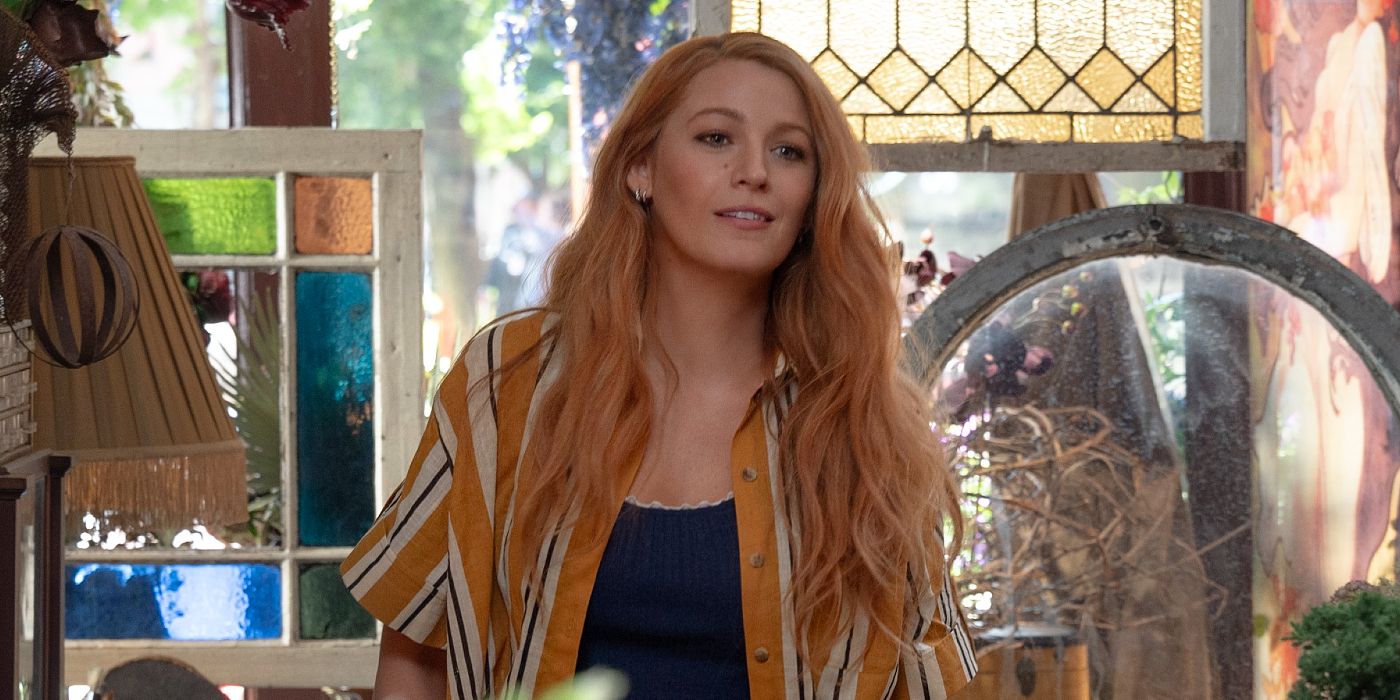
After taking a break from the ongoing legal battle regarding the “It Ends With Us” lawsuit, attention shifted towards Blake Lively and her film premiere at SXSW, “Another Simple Favor.” Now that this event has concluded, the “It Ends With Us” lawsuit is once again in full force. One of the recent developments involves Ryan Reynolds attempting to be dismissed from Justin Baldoni‘s $400 million defamation lawsuit against The New York Times. Given their strong partnership, it didn’t take long for Lively to follow suit, but she has added a unique twist to her request for dismissal.
In essence, Lively aims to exit Baldoni’s lawsuit alongside her husband, a move that also includes Leslie Sloane (publicist) and Vision PR. She reinforces this by referencing the #MeToo movement and California laws designed to protect victims of sexual harassment. Her lawyers have stated their intent to have all claims against Lively dismissed permanently, without allowing further amendments, and seek any requested relief. They argue that the law prevents using defamation lawsuits as a means of retaliation against those who have filed or spoken publicly about sexual harassment and retaliation claims.
Blake Lively Utilizes a Smart Legal Tactic
Blake Lively has been tactfully attempting to have her part dismissed from the ongoing lawsuit due to her accusations of sexual harassment and retaliation dating back to a complaint she filed with the California Civil Rights Department in December. Given that the initial incident took place in California, Lively can cite this as grounds for dismissal from Baldoni’s lawsuit. Some social media users speculated that Ryan Reynolds was abandoning his wife by seeking a dismissal from the lawsuit, but those who are closely following the situation understand each move is calculated strategically. Although they are married, Lively and Reynolds are distinct parties in this legal case.
In Reynolds’ request to withdraw from Baldoni’s lawsuit, he argued that Baldoni couldn’t sue him due to personal offense or hurt feelings. The allegations against Reynolds in Baldoni’s lawsuit were that he bullied and ridiculed the director of “It Ends With Us” by portraying a character called “Nicepool” in “Deadpool & Wolverine,” which was said to be a mockery of Baldoni’s perceived “woke feminist” image. Although Reynolds’ legal team didn’t deny that the character was based on Baldoni, they suggested that the director’s reaction was excessive (thin-skinned outrage) in bringing the case forward. Additionally, Reynolds’ lawyers stated that Reynolds’ claim that Baldoni is a “sexual predator” wasn’t defamatory because he genuinely believes that Baldoni sexually harassed his own wife.
It’s uncertain if all parties will reach an agreement in this case, as each side appears determined to validate their perspective. Lively alleges that Baldoni sexually harassed her while making “It Ends With Us” and later conspired to tarnish her image during the film’s promotion in order to silence her. Contrarily, Baldoni claims that Lively, alongside her spouse, employed bullying tactics to take control of his movie, and has since used their influence within the industry to hinder his career progression. Given the intensity with which both sides feel about this issue, a resolution appears distant at present.
Read More
- CRK Boss Rush guide – Best cookies for each stage of the event
- Fortress Saga tier list – Ranking every hero
- Glenn Greenwald Sex Tape Leak: Journalist Cites “Maliciously Political” Motives
- Mini Heroes Magic Throne tier list
- Grimguard Tactics tier list – Ranking the main classes
- Cookie Run Kingdom Town Square Vault password
- Castle Duels tier list – Best Legendary and Epic cards
- How to Prepare and Dominate the Awakened Hollyberry Cookie Update
- Hero Tale best builds – One for melee, one for ranged characters
- Overwatch Stadium Tier List: All Heroes Ranked
2025-03-21 20:01